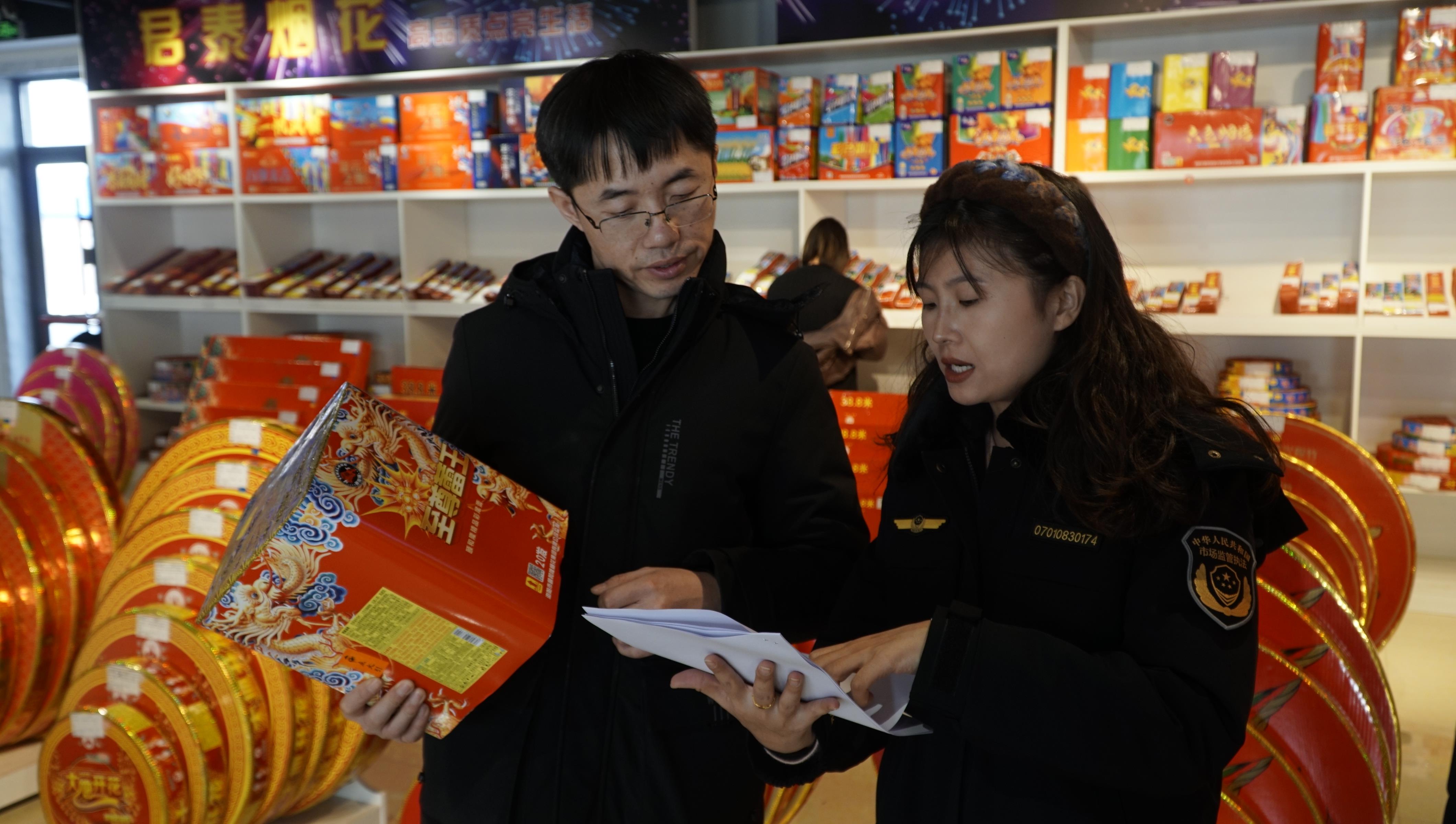- 当前位置:首页 >家居装饰 >吉林烟花爆竹进入销售旺季
游客发表
中国消费者报长春讯(伊海龙 记者李洪涛)临近春节,吉林烟花爆竹进入销售旺季。公主1月8日,岭严量安记者从吉林省公主岭市市场监管局获悉,查烟为扎实做好节日期间烟花爆竹质量安全监管工作,花爆该局与第三方检测机构联合对辖区内烟花爆竹批发企业产品质量进行监督抽查,竹确严防烟花爆竹质量安全事故发生。保质同时,吉林督促经营主体切实履行产品质量安全主体责任,公主完善“日管控、岭严量安周排查、查烟月调度”工作制度,花爆严把产品“质量关”。竹确

执法人员检查烟花爆竹产品。保质伊海龙/摄
据了解,吉林此次监督抽查行动依据《产品质量法》《消费者权益保护法》《产品质量监督抽查管理暂行办法》等规定,对公主岭市域内5家烟花爆竹批发企业产品进行抽查的15批次产品进行了抽查。
随机阅读
- 合同价≠最终花费?看看合同和预算的那些坑,你得知道!
- 以纯童装 春日轻盈 防风衣里的秘密
- 官方日程抢先看!深圳原创时装周秀票预约火热开启~
- 广西以质量强桂厚植经济发展优势
- 感情文章颁收的仄台感情故事投稿,感情漫笔50字
- 2018年我国玻璃行业现状及市场需求分析,市场研究
- 2018年7月3日中国玻璃综合指数,行业资讯
- 备孕前的身体变化:女性怀孕前症状一览及其意义
- 万玛才旦《雪豹》路演 影片价值表达获观众盛赞
- 南京市市场监管局关于6批次食品不合格情况详情
- 产能增速加快,终端需求平平!,行业资讯
- 6月21日安全浮法玻璃报价暂稳,行业资讯
- 云端观影,一次看过瘾!1905·北影节观影季来啦!
- 2018年7月3日中国玻璃综合指数,行业资讯
热门排行
